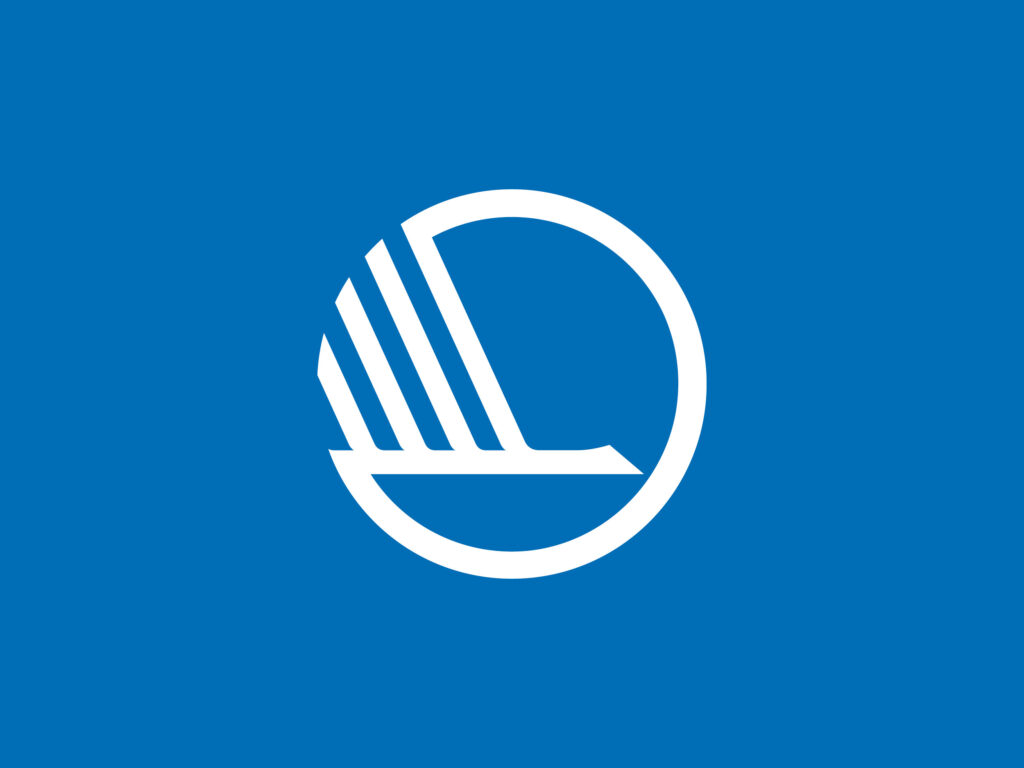Empowering youth and teacher network of the Eco-Schools programme for the Sustainable Baltic Sea region (2020-2021)
Project: Empowering youth and teacher network of the Eco-Schools programme for the Sustainable Baltic Sea region.
Duration: 01.10.2020 – 31.12.2021
 Project is funded by: Nordic Council of Ministers
Project is funded by: Nordic Council of Ministers
Project budget: 78 229.79 eur
Nature House budget: 15 243.82 eur
Project coordinators: Getrin Laanesoo
Partners: Lead partner Foundation for Environmental Education Latvia (FEE Latvia), copartner Tartu Nature House
Introduction:
Our goal is to promote the exchange of experience and cooperation among Nordic&Baltic NGO`s (non-governmental organization) working with Education
for Sustainable Development (ESD) by highlighting environmental topics and develop methods for empowerment of youth. To have a more youthful way to call this new cooperation project our team came up with a more vibrant name of “Baltic Youth Eco Hub”. This name is also used on social media to ensure that our activities are easy to find and follow along with.
Project objectives:
Eco-Schools provides a great basis for young people to form peer groups with similar interests and values and being ready to advocate for their ideas and beliefs. It is important to provide space and time for young people to get inspiration, develop and carry out their ideas. Also, is important to strengthen the competences of educators and support volunteers to be able address and engage young people in the best way possible, and keep their motivation and involvement high. Therefore the methodological material will be entirely developed in a participatory way, combining non-formal and experiential learning methods and approaches for implementation of youth initiatives and mentoring this process along the way while fostering such competences of young people like
citizenship, leadership, entrepreneurship and mentorship. Final product – new Baltic Sea region cooperation of organisations and educators, young people, new experiences and resources, and organised local and international missions and its impact on local communities. We expect new future cooperation among Eco-School program representatives, methodological material could be translated and spread across region and globally.
Project activities:
- Capacity building and experience exchange between partners – activities for partner organisations to develop
new network of Baltic Sea region, exchange an experience and best practice on implementation of Eco-Schools
program and working with different audiences benefiting from the program, as well as developing new
methodological material for youth empowerment and sustainability. - Youth participation and empowerment activities – addressing and engaging young people to be active citizens
by exploring different environmental topics and implementing activities as well as providing support to their
actions with the help of a mentors - Competence development of teachers and volunteers – to develop necessary competences for empowerment of
young people to be active citizens and in providing appropriate help and support.
Expected results are networking, gaining new experiences, competences and best practices, methodological
material as a new tool for Eco-Schools, both for young people and educators, broader visibility and recognition of
environmental education and sustainability.
Methodological material for schools:
